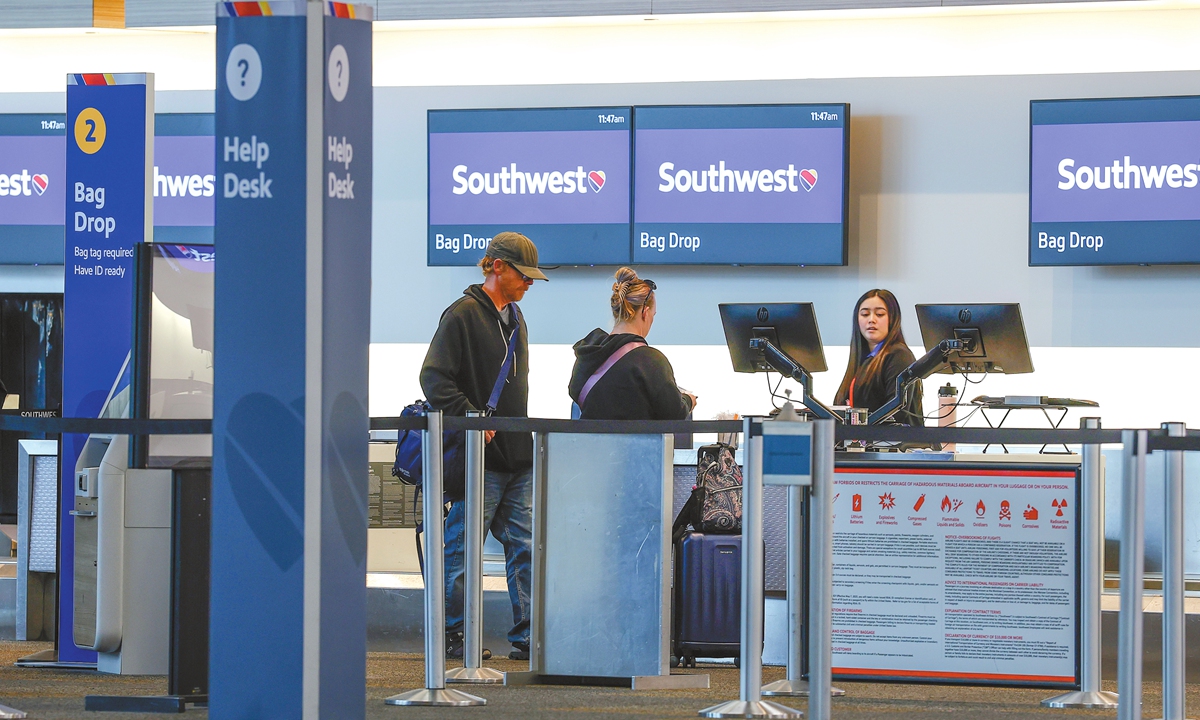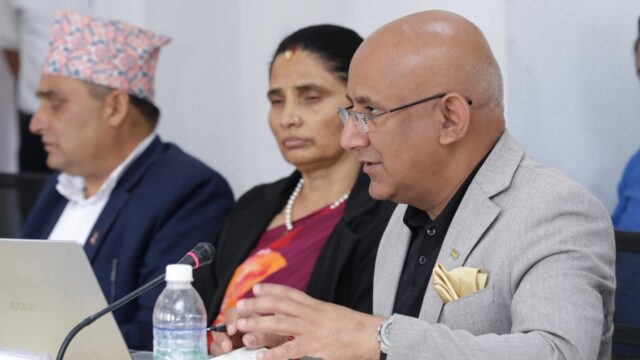International travelers, including tourists from Canada, Europe, and China, are increasingly canceling trips to the United States due to recent US policy shifts, including trade tariffs, safety concerns, and rising costs. A Beijing-based traveler told Global Times that her group canceled a planned May Day trip to the US citing cost and safety worries.

China’s Ministry of Culture and Tourism has issued a cautionary notice urging Chinese citizens to assess travel risks to the US. Travel platforms like Tuniu confirmed a rise in cancellation inquiries, while CYTS Tours Holding noted declining interest in medium- to long-term US travel. Meanwhile, data from the International Trade Administration shows a 10% year-on-year drop in non-citizen air arrivals to the US in March.

A Goldman Sachs estimate suggests travel declines and boycotts could cost the US economy up to $90 billion this year. OAG Aviation Worldwide reported Canadian flight bookings to the US are down 70%, while European bookings at US hotels have dropped 25%, according to Accor SA.

Tourism analysts argue that ongoing US policy changes are deterring foreign visitors. Adam Sacks of Tourism Economics called it “unforced error after unforced error,” adding that the rhetoric is directly harming US tourism. In contrast, China’s inbound tourism is booming. Visa-free policies, tax refund expansions, and high-quality offerings have made it a more attractive alternative. Trip.com data reveals a 200% surge in searches for inbound hotels and a 173% rise in bookings for the May Day holiday.

China is seeing increased visitors from countries like South Korea, Japan, Singapore, and even the US. Finnish tourist Tiina Lientola praised China’s warm hospitality and futuristic cities after her recent trip. China’s tourism growth is part of a broader shift, with the country now drawing global consumers eager to buy Chinese-made goods firsthand, reversing traditional trade patterns. Experts believe this could boost China’s economic resilience and global competitiveness amid continued US protectionism.






